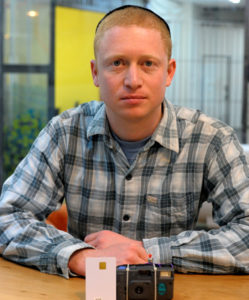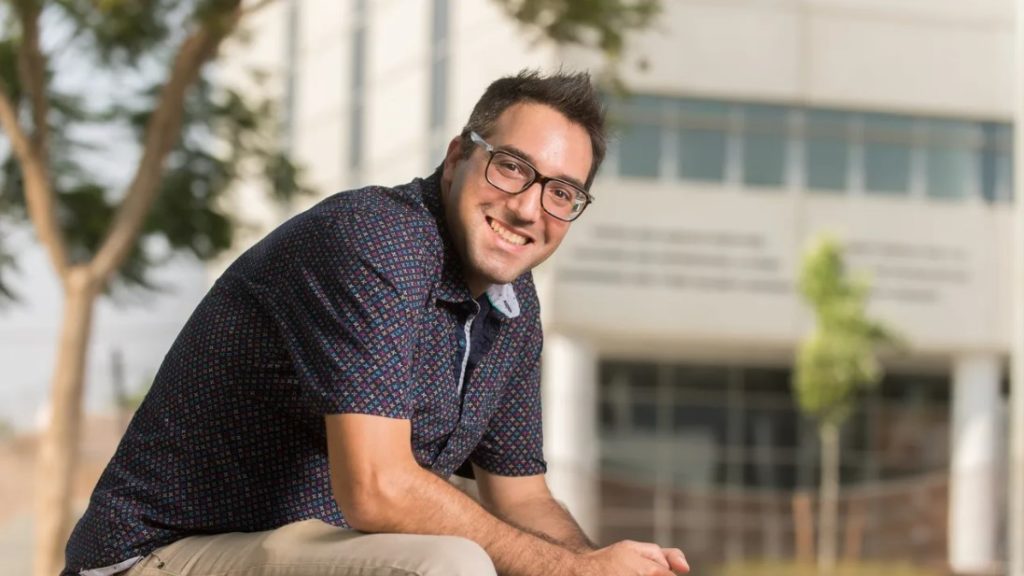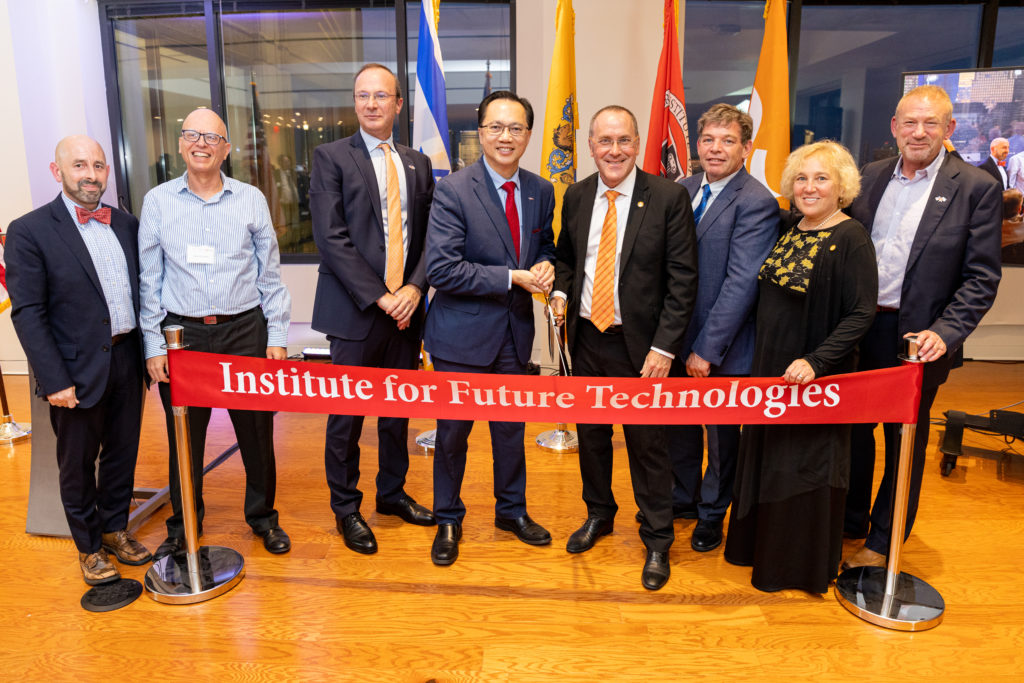
BGU’s Cyber Security Tips for the Smart Home
BGU’s Cyber Security Tips for the Smart Home
October 5, 2018
Homeland & Cyber Security, Press Releases
From laptop computers to off-the-shelf devices, the cyber vulnerabilities of homeowners keep multiplying as they incorporate more internet-connected devices within their homes. According to cyber researchers at Ben-Gurion University of the Negev, Cyber Security Awareness Month is an excellent time to make a few simple changes that will result in a far greater level of safety and security.

Dr. Yossi Oren
“There’s a wide range of steps consumers can easily take, though some require a bit more focus or technical prowess,” explains Dr. Yossi Oren, a senior lecturer in BGU’s Department of Software and Information Systems Engineering and head of the Implementation Security and Side-Channel Attacks Lab at Cyber@BGU.
“In previous research we found that internet-connected devices such as baby monitors, home security cameras, doorbells, and thermostats were easily hacked by our researchers. Password protection and updated devices are just as important in a smart home as they are on a computer or mobile phone. Once hackers can access an IoT [Internet of Things] device, like a security camera, they can create an entire network of these camera models controlled remotely.”
BGU’s Hacktober Tips for Product Security
Since it’s Cyber Security Awareness Month, otherwise known as “Hacktober,” BGU researchers offer a number of tips to keep families and their IoT devices more secure:
1. Never use the same password on multiple websites or online services. Both Apple and Google offer free password managers that can take care of your passwords for you, and even automatically suggest strong passwords that are hard to crack.
2. Turn on “two-factor authentication” to prevent hackers who’ve stolen your password from logging into your Facebook or Google account. Two-factor authentication sends a text message with a login code to your phone to verify it’s you.
3. On the heels of the recent Facebook hack, in addition to changing your password, use the Facebook settings screen to review the list of apps and websites that you granted access to your data. Remove any apps or websites you don’t recognize and trust.
4. Don’t fall prey to clever phishing scams that ask for payment and indicate they have an old password that you recognize. It was likely bought on the illegal “dark web.”
5. Do cover your computer camera with tape or use a specially made camera cover to prevent prying eyes.
6. Buy IoT devices (cameras, baby monitors, any smart device that connects to the internet) and replacement parts only from reputable manufacturers and vendors. Change the admin password as soon as you can connect it. Annually check for security updates which you download.
7. Avoid used IoT devices like routers or cameras. They could already have malware installed.
8. Call your internet service provider and request an updated router. Many are years old and don’t have the latest security updates. Change the WiFi password on your home router.
9. Automatically back up your data—pictures, contacts and documents. If a computer is compromised, it may be easier to just reformat it than to find the malware, and it will allow your devices to function better.
10. Evaluate your family’s cyber health. While you yourself may be relatively cyber safe, make sure others in your family, like an elderly parent or teenager, are taking similar precautions.
“In only an hour or two, most of these steps can be accomplished, saving you significant headaches, serious theft and the loss of privacy or priceless data,” Dr. Oren says.
ABOUT AMERICANS FOR BEN-GURION UNIVERSITY
By supporting a world-class academic institution that not only nurtures the Negev, but also shares its expertise locally and globally, Americans for Ben-Gurion University engages a community of Americans who are committed to improving the world. David Ben-Gurion envisioned that Israel’s future would be forged in the Negev. The cutting-edge research carried out at Ben-Gurion University drives that vision by sustaining a desert Silicon Valley, with the “Stanford of the Negev” at its center. The Americans for Ben-Gurion University movement supports a 21st century unifying vision for Israel by rallying around BGU’s remarkable work and role as an apolitical beacon of light in the Negev desert.
About Ben-Gurion University of the Negev
Ben-Gurion University of the Negev embraces the endless potential we have as individuals and as a commonality to adapt and to thrive in changing environments. Inspired by our location in the desert, we aim to discover, to create, and to develop solutions to dynamic challenges, to pose questions that have yet to be asked, and to push beyond the boundaries of the commonly accepted and possible.
We are proud to be a central force for inclusion, diversity and innovation in Israel, and we strive to extend the Negev’s potential and our entrepreneurial spirit throughout the world. For example, the multi-disciplinary School for Sustainability and Climate Change at BGU leverages over 50 years of expertise on living and thriving in the desert into scalable solutions for people everywhere.
BGU at a glance:
20,000 students | 800 senior faculty | 3 campuses | 6 faculties: humanities & social sciences, health sciences, engineering sciences, natural sciences, business & management, and desert research.
For all press inquiries, please contact:
James Fattal, J Cubed Communications
516.289.1496



